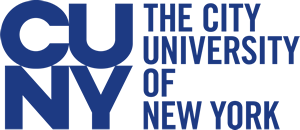Coaching
Institute coaches partner with early childhood educators to achieve goals aligned with leadership and teaching practices that promote high-quality learning environments and improved outcomes for children and families. Institute coaching is reflective, strengths-based, results-oriented, and grounded in collaborative relationships.
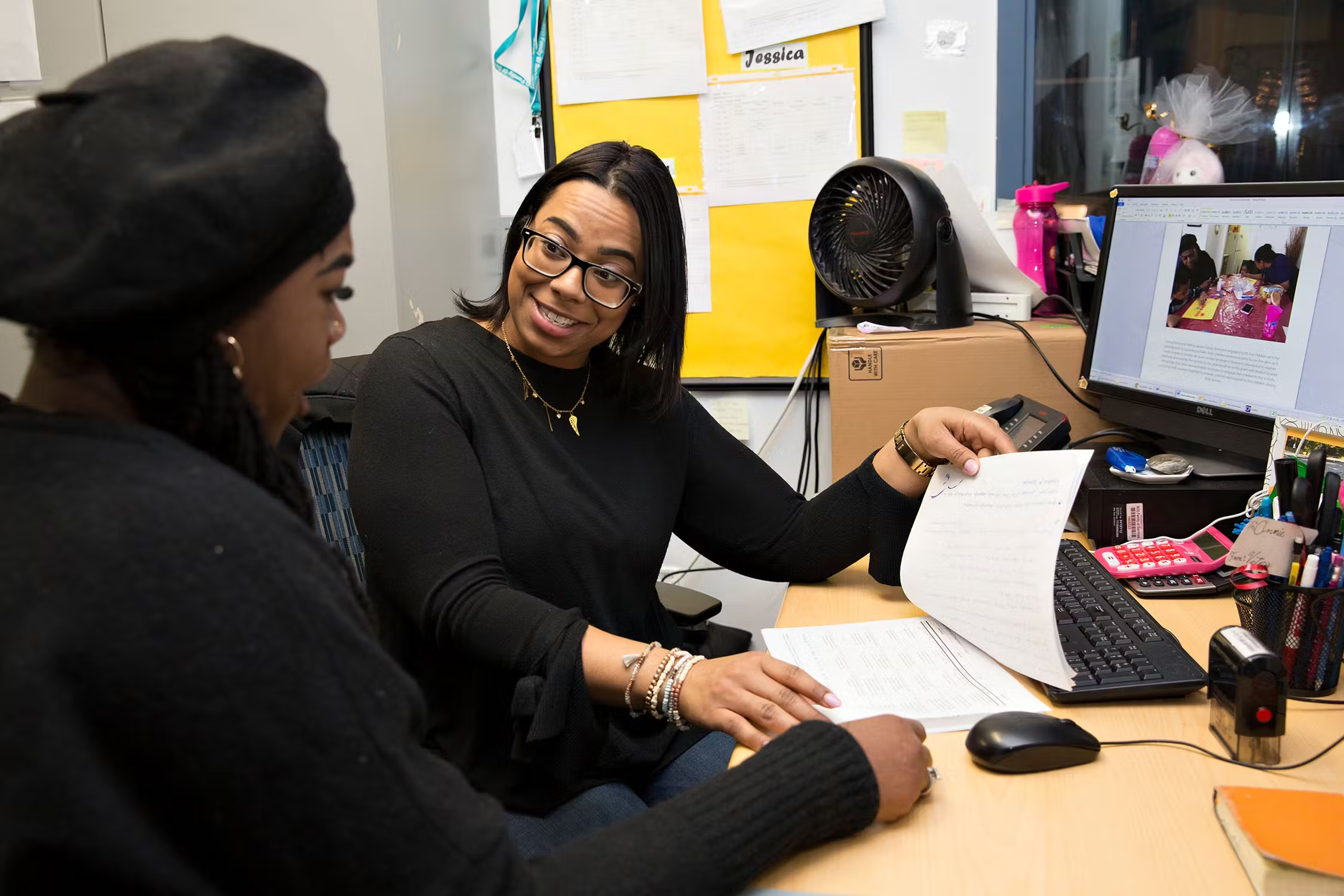
What we do
Customized support
Institute coaches partner with leaders to customize services that support programwide professional development and school readiness goals.
Professional learning options
We offer several types of support for leaders and educators, including professional learning sessions, communities of practice, and one-on-one and group coaching.
Relationship-based professional learning
Institute coaches cultivate supportive relationships with leaders and educators to build upon strengths and work toward a vision of quality.
Results-oriented coaching
Institute coaches partner with coachees to achieve goals aligned with effective leadership and teaching practices that contribute to high-quality learning environments and improved outcomes for children and families.
Our coaching model
Research has consistently shown that professional development is most effective when it is sustained, collaborative, job-embedded and focused on enhancing both teacher knowledge and teaching practices. In early childhood, high-quality professional development helps educators better support children's overall development, particularly social, emotional, and cognitive development (Darling-Hammond, Furger, & Stearns, 2017).
Coaching is a form of relationship-based professional development. It provides educators the space to learn, grow, integrate knowledge and refine their reflective practice, ultimately fostering educators' professional growth and ensuring improved outcomes for children.
Coaching is ideally complemented by other forms of professional development, for example, Professional Learning Communities (PLCs), workshops, staff development sessions, and conferences. Coaching is job-embedded, individualized, and supports the transfer of knowledge and skill into consistent practice.
Professional development should emphasize the development of both content knowledge and pedagogical skills that foster healthy classroom routines, allow for differentiation, and bolster understanding of child development. An effective early childhood teacher is able to engage with the concepts and implement practices that promote early literacy, emergent multilingual development, early math and social and emotional development.
Coaching relationships also provide teachers with the opportunity to work together in peer learning, allowing them to engage in co-planning, peer observation, and learning from one another.
Who we support
Our coaches have developed and sustained coaching relationships with early childhood programs and educators across many modalities, including family and home-based child care settings and center-based child care settings, including Early Head Start and Head Start-funded sites. Our coaching supports have also broadened to include family workers, behavioral specialists, and various managerial roles within large early childhood organizations.
Who is the best fit for coaching?
An educator who is ready to explore, challenge, and reflect on their practice. The interactions between a coach and early childhood teacher serve as a model for teachers' interactions with children and provide a safe space for teachers to ask questions, discuss problems, get support, gather feedback, reflect on practice and try new ideas.
Interested in the Institute's coaching services?
Our coaching team provides personalized coaching to early childhood professionals across New York State.
Learn moreOur approach to professional development
Our approach to professional development addresses the seven widely shared features of effective professional development identified by researchers:
(Darling-Hammond, Hyler, Gardner, & Espinoza, 2017).
Frequently asked questions
Our model is guided by the belief that coaching is a collaborative, flexible and strengths-based process. The coach works with the coachee through a non-linear process of goal-setting, implementation, and reflection. Coaching is a unique form of professional development in that it is individualized, ongoing and actively helps turn new knowledge into practice.
Our Institute coaches are guided by the New York State Coaching Competencies, which lead coaches to develop authentic, respectful relationships with their coachees. We believe the way we interact with our coachees is a model for their own interactions with colleagues and children. We value experimentation and reflection as primary learning strategies.
Early childhood professionals who participate in Institute coaching:
- Identify their own goals for professional development and become more self-directed in pursuing them.
- Increase the effectiveness of their practice with children and families.
- Develop dispositions that foster strong relationships with colleagues, children and families.
- Be able to articulate their practice and make intentional decisions.
- Develop reflective capacity.
- Sustain positive changes in their practice.
We believe that professionals at every stage of career benefit from coaching! Our coaches work with principals, executive directors, educational directors, family child care program leaders, family workers, teachers, assistant teachers and aides. Our coaches work in a variety of settings, including home-based, informal family care, child care centers and public schools, from infant-toddler programs to pre-K programs.
Coaching is a relationship-based process, and it takes time for coaches and coachees to establish a trusting, productive relationship. While we begin with a commitment of 6 months, most coachees prefer to continue their collaboration for a year or more. Coachees typically meet with their Coach every two weeks. Sessions are one on one and can include an observation depending on the goals and preferences of the Coachee.
The New York State Office of Children and Families (OCFS) grants professional development credit for coaching performed by a T-TAP-credentialed coach.
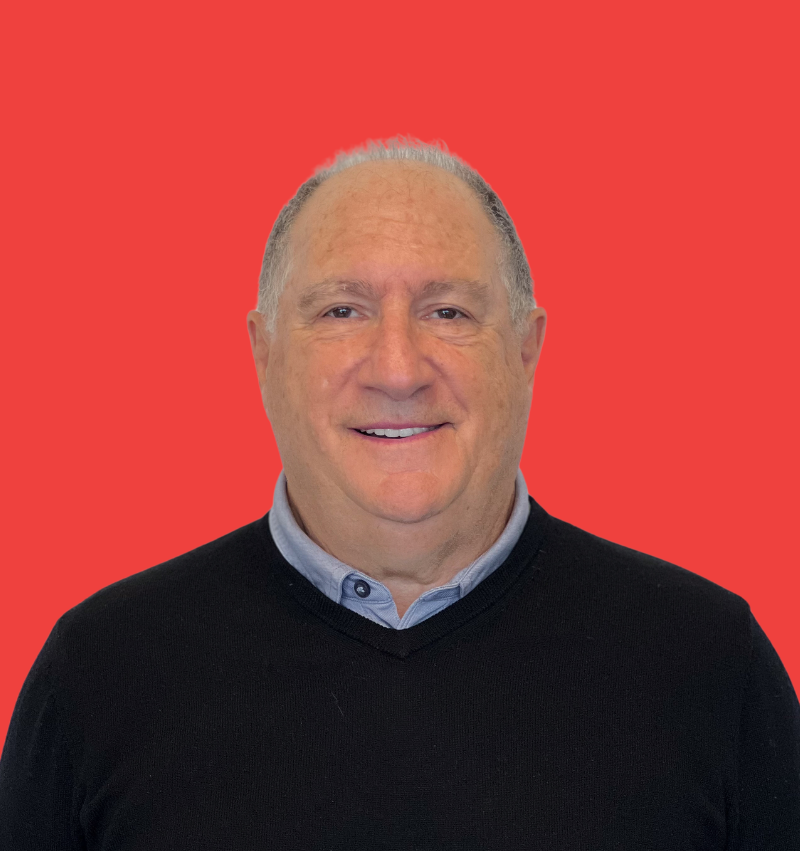
Steve Castar
M.Ed. in supervision and administration; M.S. in elementary education
Areas of expertise: Program administration and management, strengths-based supervision, professional development planning
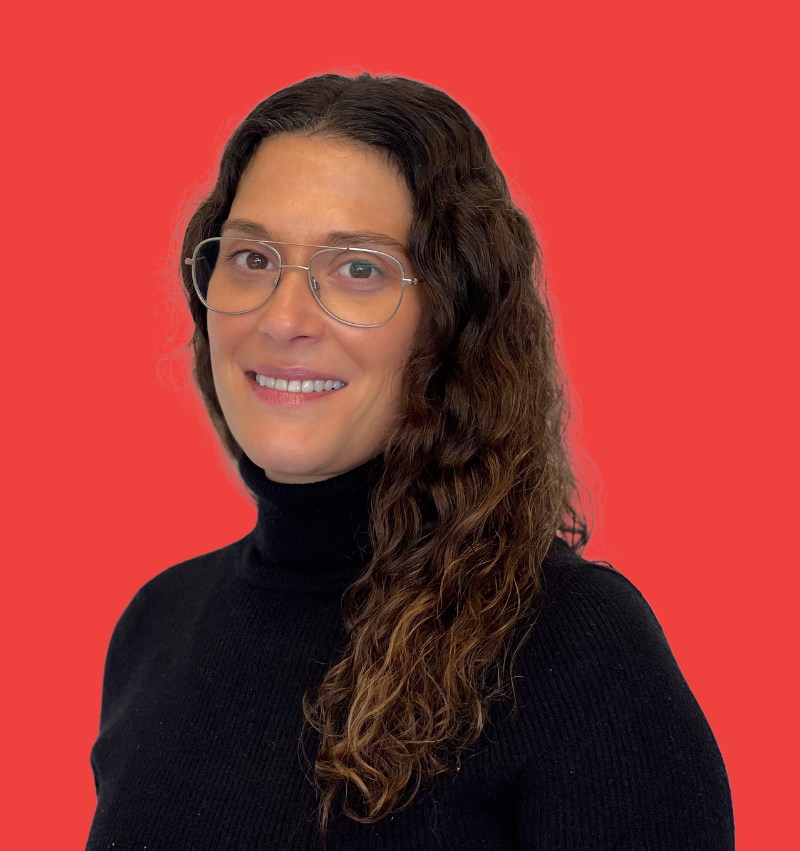
Andrea Bruno
M.Ed. in child study/psychology/education
Areas of expertise: pretend play, creativity, arts education, Pyramid Model practices, CLASS
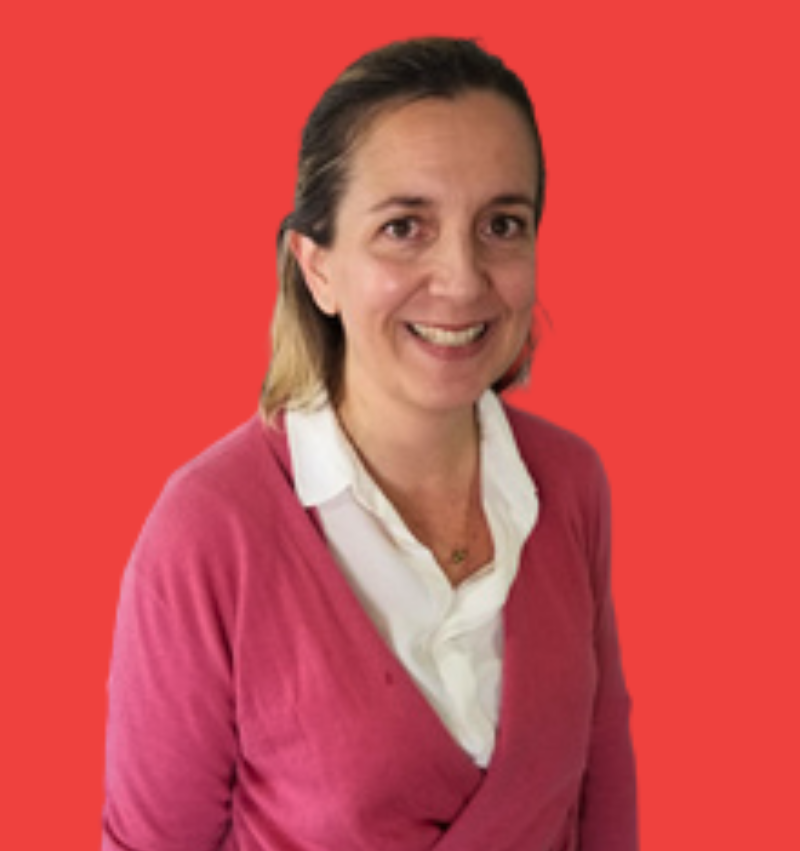
Lori Falchi
Ed.D. in curriculum and teaching, M.A. in developmental teacher education
Areas of expertise: language development, literacy learning, culturally and linguistically responsive practice, emergent multilingual learners, bilingual education, inclusive education, pretend play, observation and authentic assessment, teacher inquiry
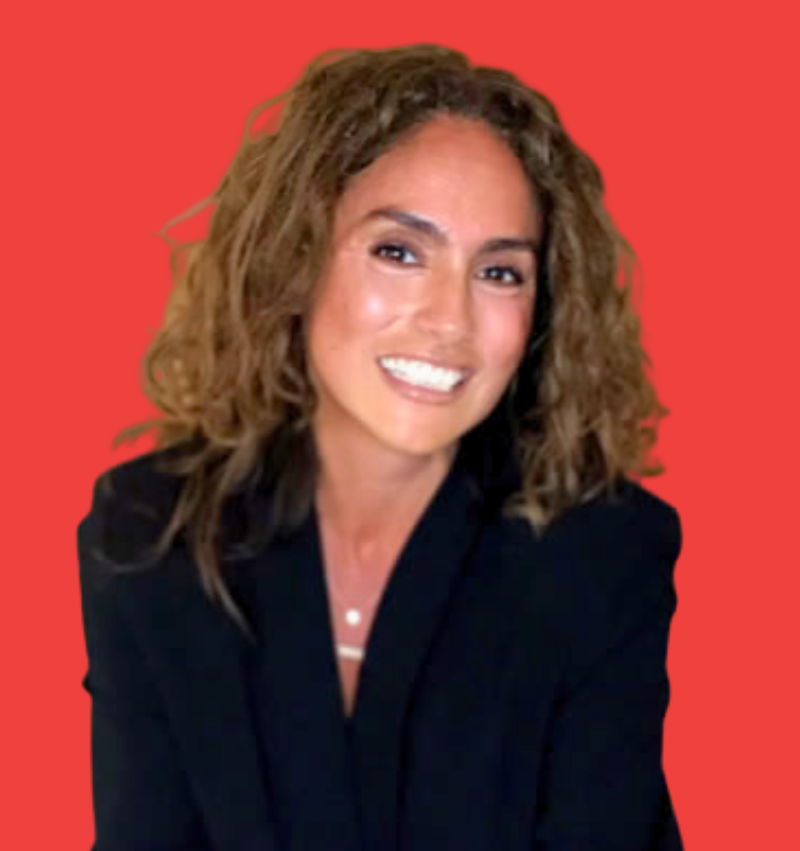
Jeanette Monninger
M.S.Ed. in infant-toddler parenting and Early Intervention
Areas of expertise: Office of Head Start federal regulations, program self-assessment, including ongoing monitoring and program improvements, curriculum planning, program administration and management, strengths-based supervision, professional development planning

